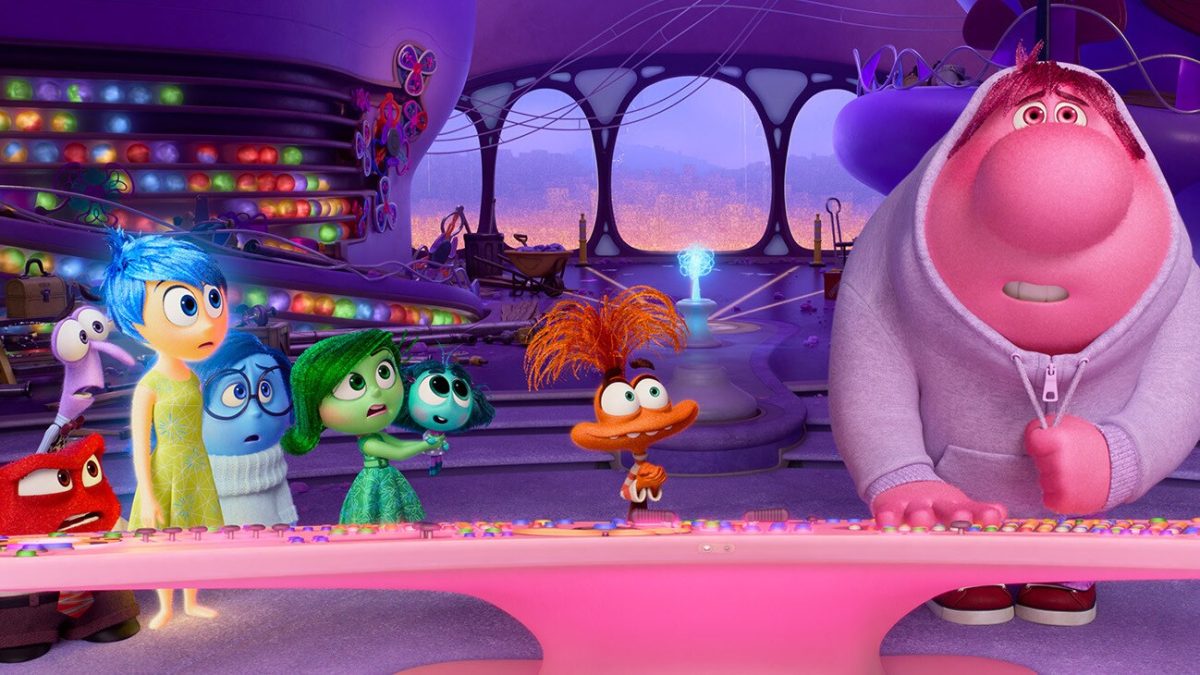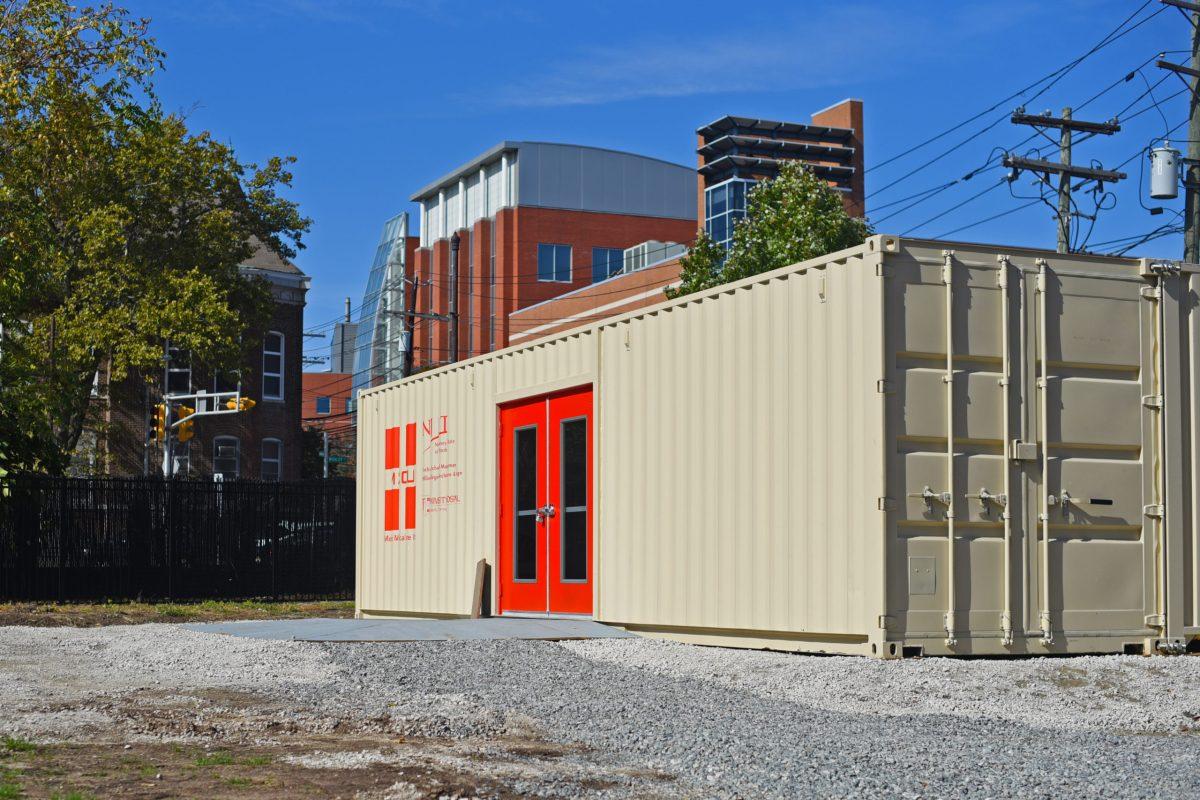Tonight, you must upload a rough draft of your essay to Moodle. Tomorrow, you have to post on every social media account to promote your club event. You fill out Google forms, share your presentations on Prezi and Google Slides, and make a frantic Skype call for help finishing the homework due at 11:55pm. A whole week’s worth of assignments are completed without being in the same room as another human being. Is this how campus life dies?
Many people, specifically those who belong to previous generations, feel the campus community is on its deathbed, diagnosed with an advanced case of malignant digital learning. They point to the ease with which students skip class, cheat, and earn degrees without forming meaningful personal connections. These curmudgeons have a point: it is easier today than ever before to shallowly communicate with other classmates, taking the path of least resistance toward good grades.
What they are missing are the many opportunities digital learning provides to every aspect of campus life. When turning in an essay online, there is no panic over library printers malfunctioning. When fundraising for a club, there is no need to dorm-storm when a simple social media blast will be more effective. Digital learning and social media are working synergistically toward a more connected campus—not a more divided one. The information that can be disseminated online is permanent and consistent, much unlike the flyers and word of mouth that were used before.
Outside the campus community, and inside classrooms themselves, digital learning has lowered many barriers. To do homework, students need only to have access to a computer, or one of the many computer labs on campus. By submitting their work online, students have more chances to check their work before handing it in for a grade, instead of handing in paper homework or essays. One obvious con to the use of online homework and assignments may be cheating. However, cheaters only rob themselves of the skills or knowledge that any given exercise is trying to instill. If a student cheats on all their online homework instead of solving problems on their own, they are only setting themselves up to fail the in-class exam by not practicing or learning the material.
Whether in class, on our phones, or on a computer, digital learning is here to stay. By making education and extracurriculars more accessible to more students, digital learning is bringing the students on campus closer together instead of further apart. The lifelong friends formed by studying for tests or joining clubs are still being formed across campus. Instead of cliques, however, a more integrated student body inhabits the 21st century campus, learning from each other every day.



































